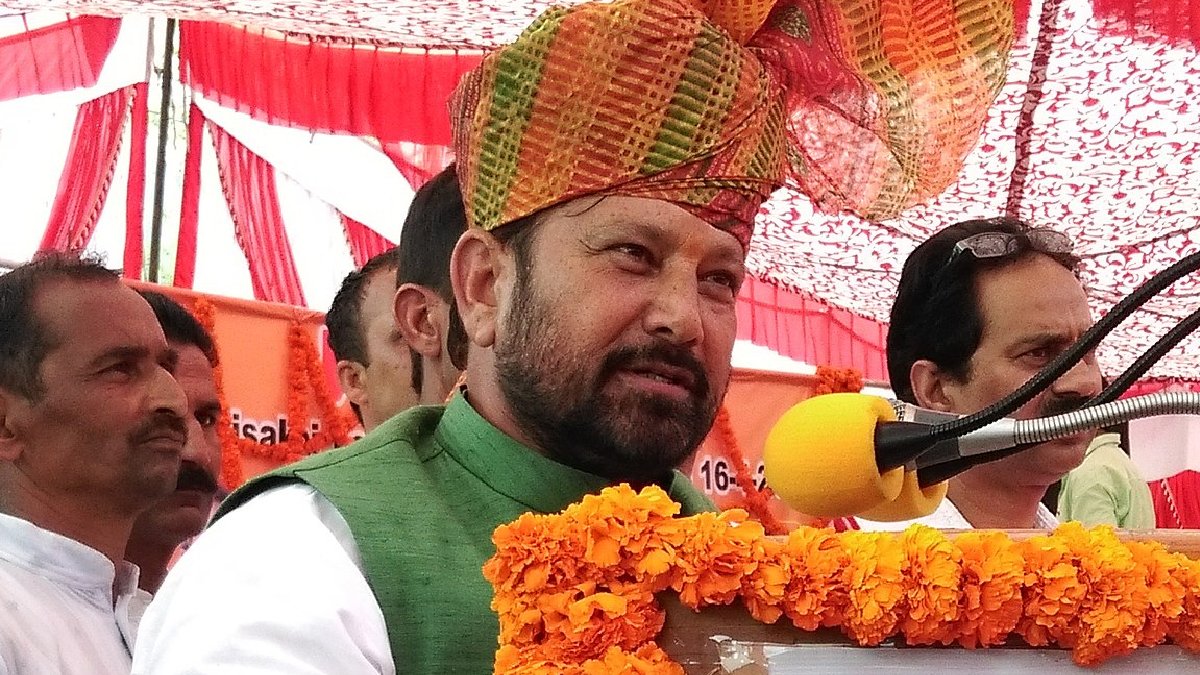Swede weighs court fight over terrorism sanctions
LONDON, Sep 13 (Reuters) A Swedish-Somali man who had his assets frozen for nearly five years after being designated by the United States as an al Qaeda associate is considering taking his case to the European Court of Human Rights, his lawyer said today.
Lawyer Thomas Olsson said his client, Ahmed Ali Yusuf, may bring a case seeking economic compensation from the European Union for implementing the sanctions against him, which Washington finally agreed to lift last month.
Such a move could add to already growing pressure for reform of the U.N. terrorism sanctions regime under which 217 alleged al Qaeda associates and 142 suspected Taliban members are currently subject to asset freezes and travel bans.
Countries such as Germany, Switzerland, Sweden and Denmark are pressing for a simpler, quicker way for individuals to clear their names if they have been wrongly listed, for example on the basis of faulty intelligence or mistaken identity.
Some critics say the whole sanctions regime is unjust because it punishes individuals on the basis of secret intelligence evidence they are not allowed to see, and does not provide for any review by a court.
''It's a system that doesn't respect the fundamentals of a state of a law,'' Olsson said. ''You are breaching the fundamental division between powers in a democracy.'' His client, Yusuf, told Reuters: ''I don't know why the American government put my name on the list. I also don't know why they removed me. Even my lawyers don't know.'' FUNDING CHANNEL Along with two other Somali-born Swedish citizens, he was blacklisted as a manager of the Swedish branch of Barakaat, a business which handled remittances from Somalis to their families back home.
The United States believed it was a funding channel for al Qaeda and placed the three men on the U.N. terrorism sanctions list in November 2001, two months after the September 11 attacks.
Two of the men were removed in 2002 after the Swedish government lobbied on their behalf and they agreed to sever links with Barakaat.
But Yusuf stayed on several more months to wind up its affairs, and his case languished unresolved for four more years -- partly, Olsson believes, because of Swedish criticism of the U.S. invasion of Iraq in 2003.
The father of five relied on his wife's income and charity funds.
''He was very depressed and he hasn't had the possibility to take work or live a normal life,'' Olsson said.
He said the case raised a conflict between U.N. Security Council decisions, which by definition constitute international law, and the right enshrined in the U.N. charter and the European Convention on Human Rights to have your case heard in a court. ''You have a clash between two systems,'' he said.
When Yusuf and another man, Yassin Abdullah Kadi, brought their case last year to the EU's Court of First Instance, it ruled that U.N. law was paramount over EU law.
Olsson said Yusuf could argue before the European Court of Human Rights, based in Strasbourg, that the EU had breached its rights obligations and had no legal basis under its founding treaty to impose the financial sanctions on him.
But he said there was a risk his client could face crippling costs if he brought a case and lost. It would make no sense for him to get off the sanctions list and then ''get in debt for the rest of his life'', he said.
Reuters PB DB1831


 Click it and Unblock the Notifications
Click it and Unblock the Notifications




